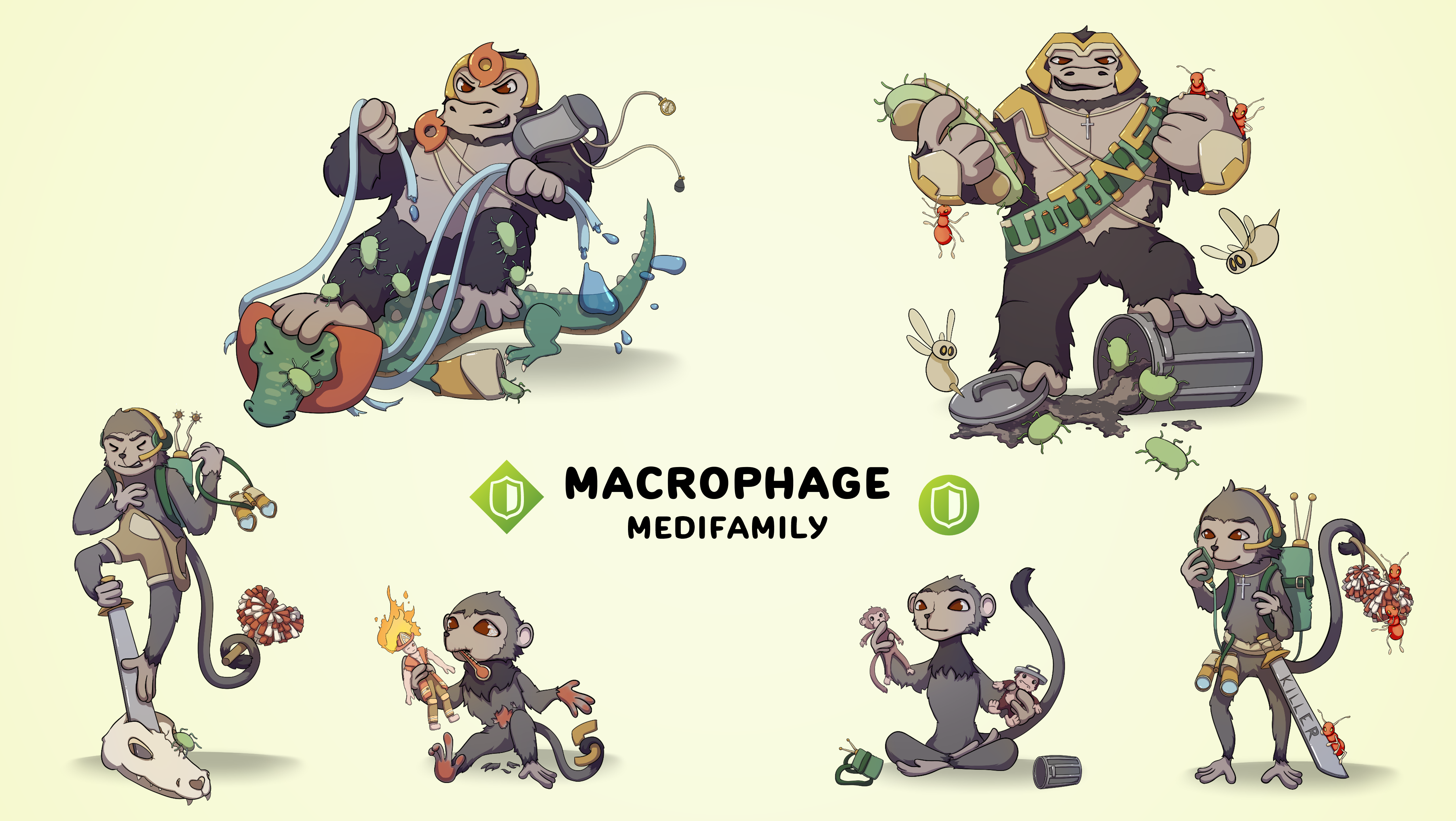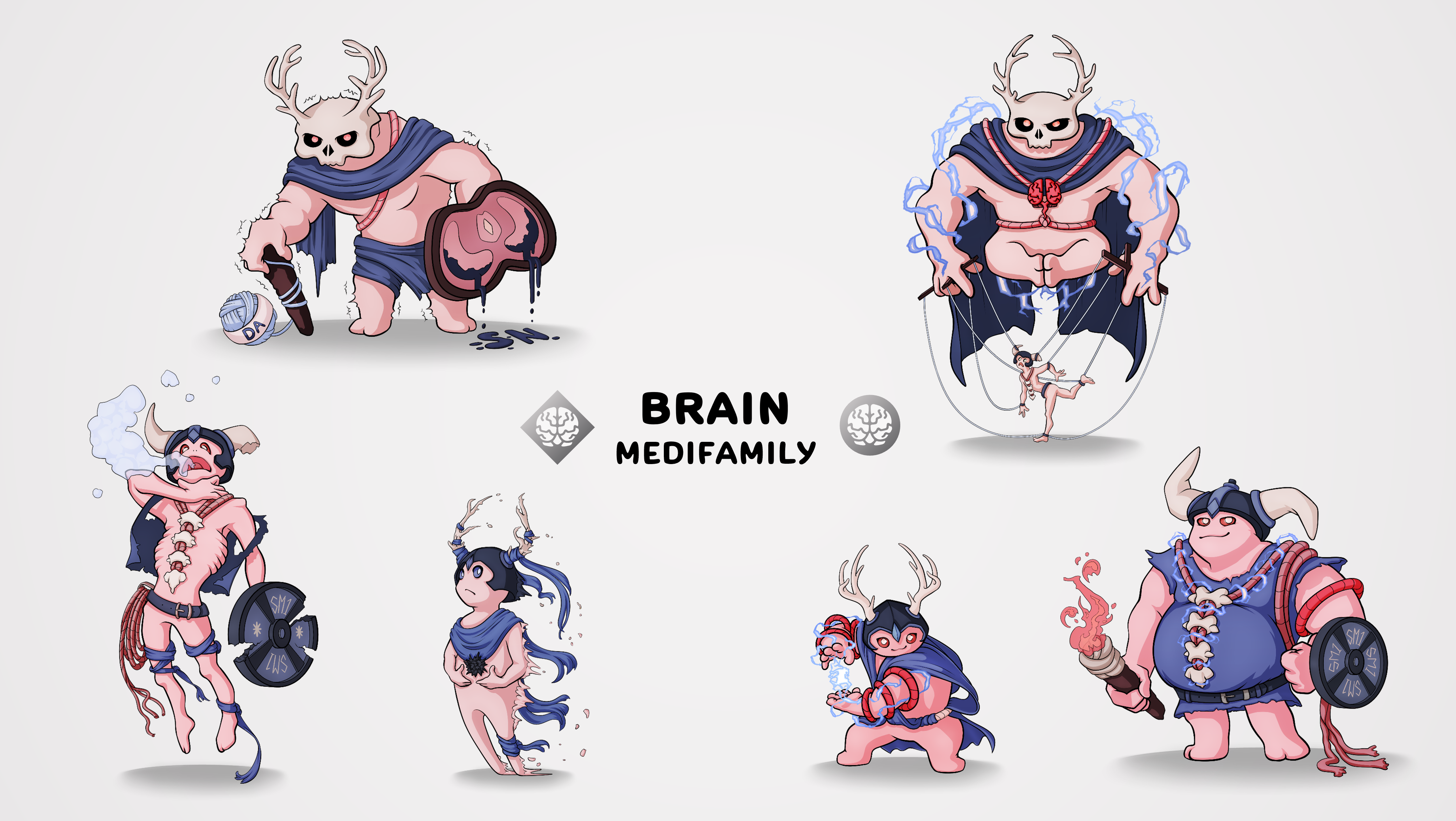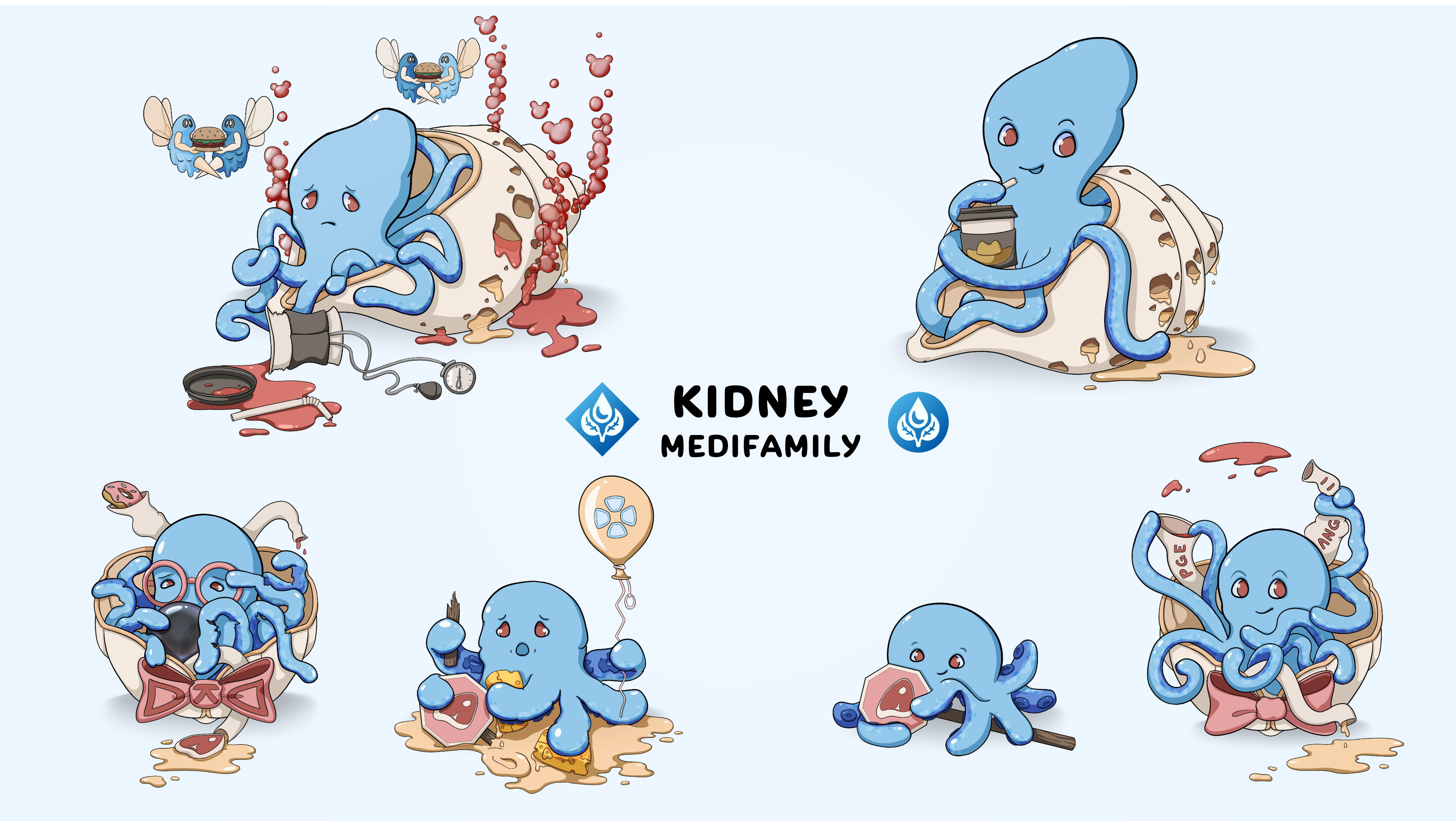Healthy intestine
Enterocyte
Enterocytes are cells that line the inner surface of your Small Intestine. Their main function is to absorb nutrients from the food you eat, helping your body get the energy it needs to function properly.
Small Intestine
The Small Intestine is a long, smooth, coiled tube that connects your Stomach to your Colon. It plays a vital role in digestion by breaking down food and absorbing nutrients into your bloodstream.
Colon
The Colon, also known as the large intestine, is the last part of your digestive system. Its main function is to absorb water and electrolytes from the remaining undigested food, form solid waste (feces) for elimination, and house the bacteria of your microbiome.
Diseased intestine
Celiac Disease
Celiac disease is an inflammatory disease where the immune system recognizes and attacks the gliadin protein found in wheat products. This leads to severe gut problems such as abdominal pain, bloating, diarrhea, and gas.
IBS
Irritable Bowel Syndrome (IBS) is a common inflammatory disorder that affects the intestines. It can cause symptoms like abdominal pain, bloating, diarrhea, and constipation.
Crohn Disease
Crohn Disease is a type of inflammatory bowel disease that causes inflammation in the digestive tract. It can affect any part of the tract, from the mouth to the anus, and lead to symptoms like abdominal pain, diarrhea, and weight loss.
Ulcerative Colitis
Ulcerative Colitis is another type of inflammatory bowel disease that affects only the Colon. It causes inflammation and ulcers in the lining of the Colon, leading to symptoms like abdominal pain, diarrhea, and bleeding.
Intestine Treatment
Celiac Disease -> Enterocyte
A gluten-free diet treats Celiac Disease by eliminating gluten, the protein that triggers the immune response. By avoiding gluten, the Small Intestine can heal, and symptoms will usually improve.
IBS -> Small Intestine
Loperamide is a medication that treats Irritable Bowel Syndrome by slowing down the movement of food through the digestive tract. It does this by activating opioid receptors in the gut, capitalizing on the side effect of constipation. This can help control diarrhea and provide relief from IBS symptoms.
Crohn/Ulcerative Colitis -> Colon
Adalimumab and infliximab are medications that treat Crohn Disease and Ulcerative Colitis by blocking a protein called tumor necrosis factor-alpha (TNF-alpha). This helps reduce inflammation in the digestive tract, improving symptoms and promoting healing of the affected areas.










